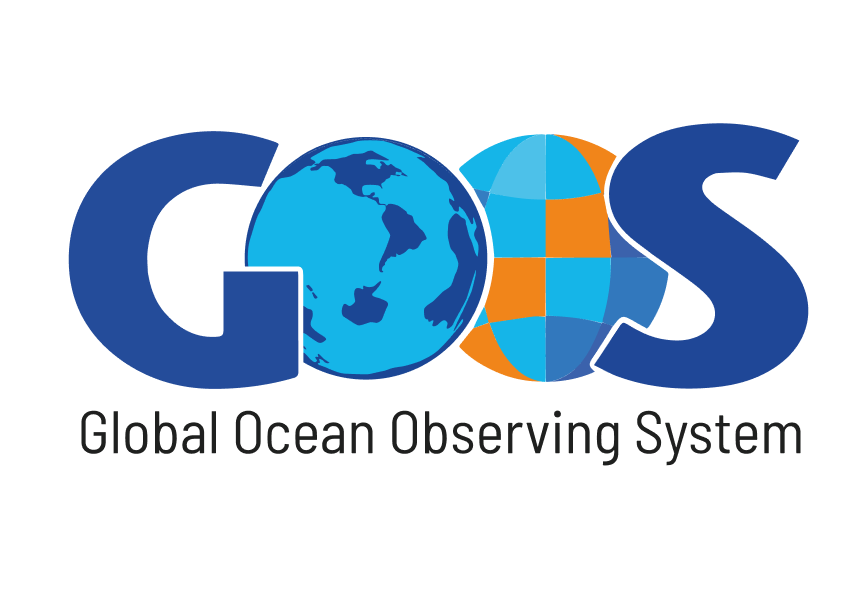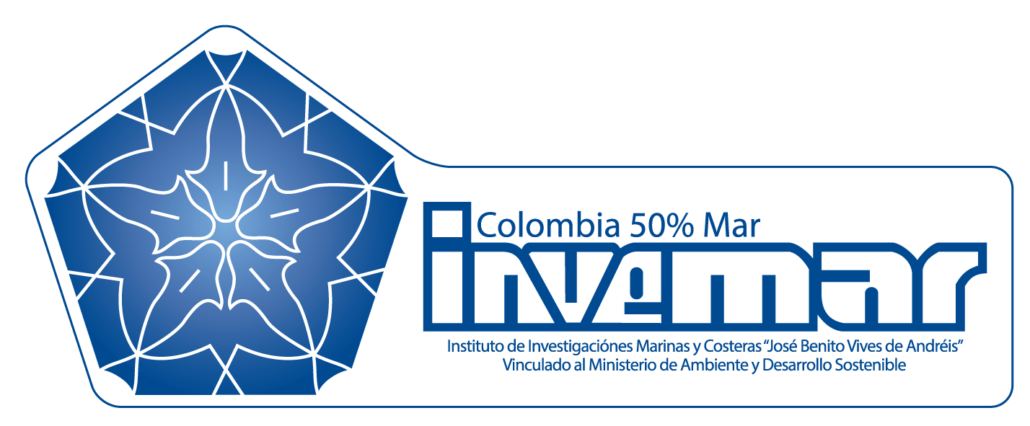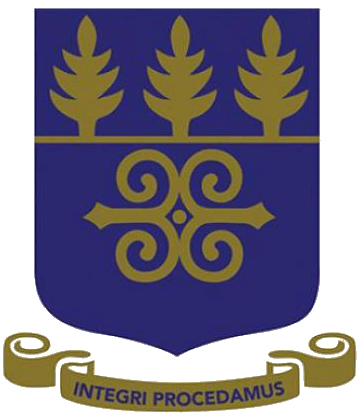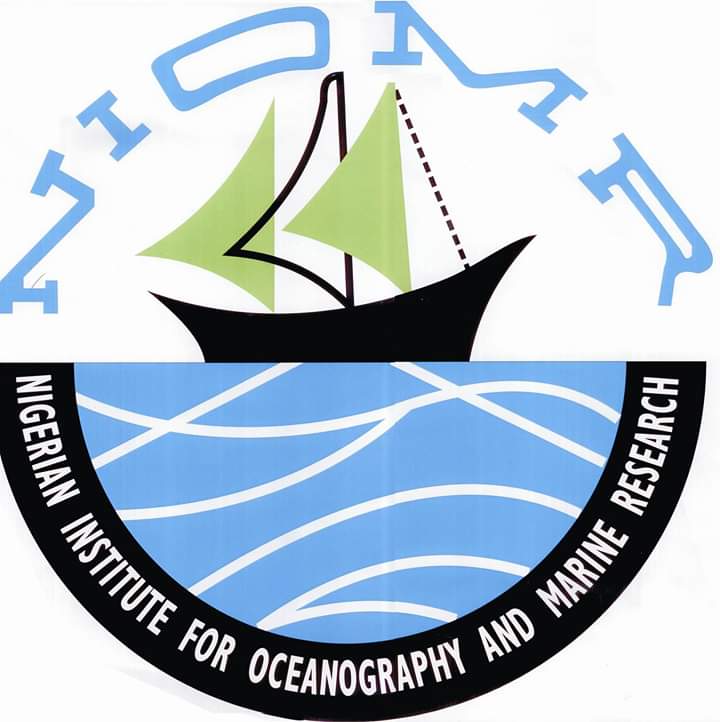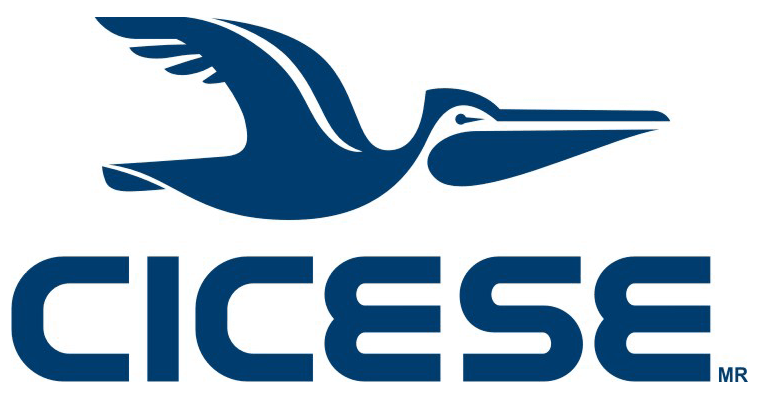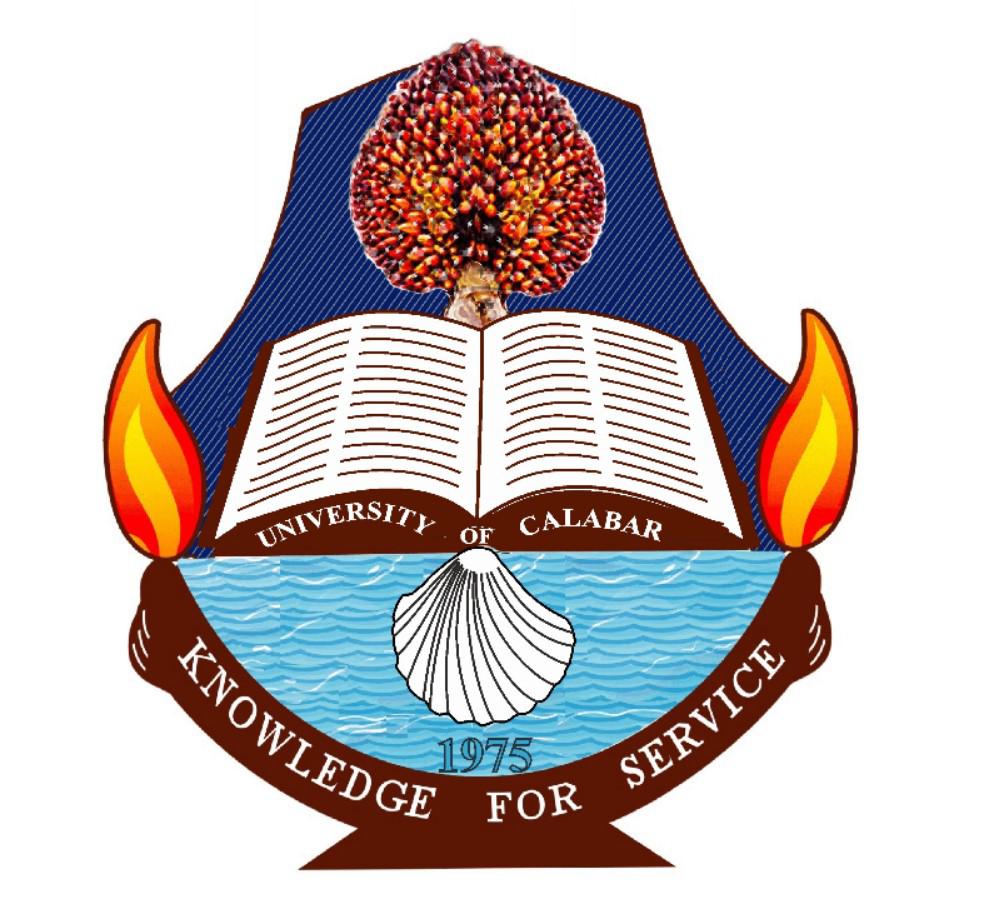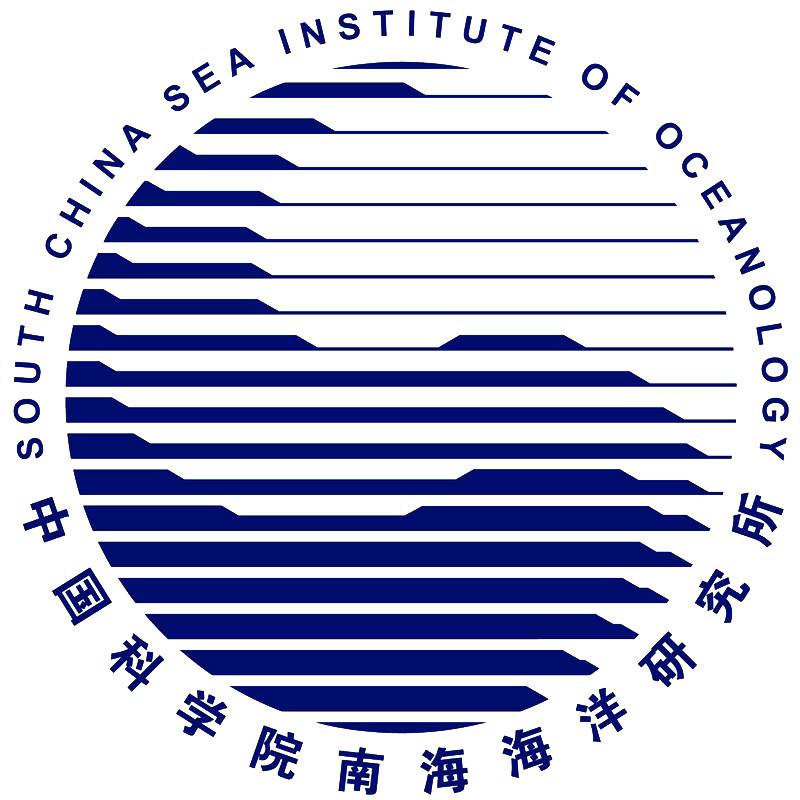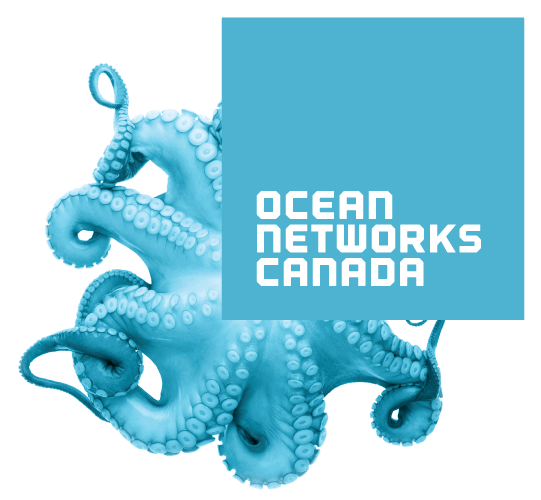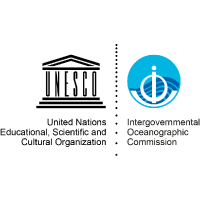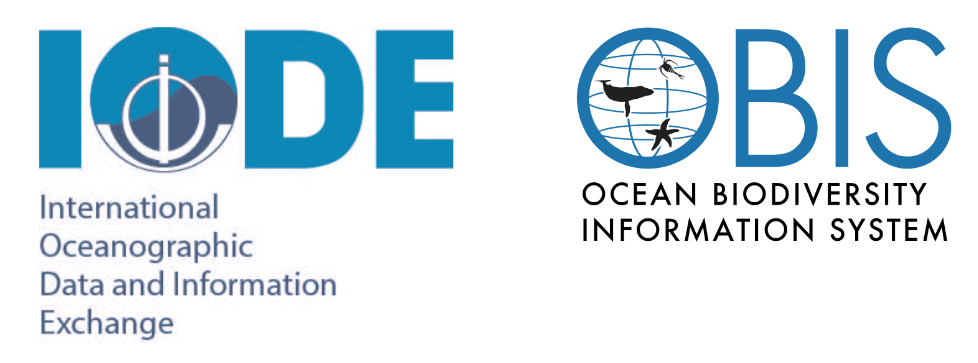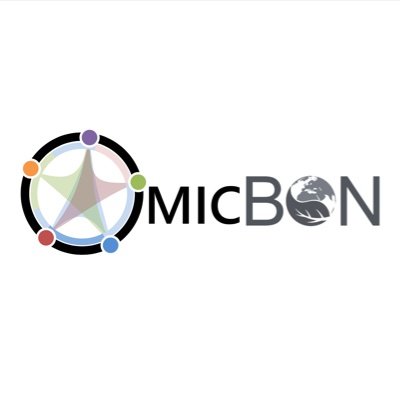October 2024
At the UN Ocean Decade Conference in Barcelona this April, the Partnership for Observation of the Global Ocean (POGO) and partners issued a resounding Declaration calling for bold, collective action to sustain and significantly expand biomolecular ocean observations globally. These, combined with other forms of biological observation of the ocean, are essential for understanding present and future changes in marine biodiversity – crucial to protecting and restoring the health of our marine ecosystems, currently threatened by climate change, pollution, overfishing, and many other stressors.
As POGO, a global consortium of almost 60 oceanographic research institutes, convenes at the 16th Conference of the Parties (CBD16) in Cali, Colombia, its Barcelona Declaration remains as urgent as ever. To meet the biodiversity goals outlined in the Kunming-Montreal Global Biodiversity Framework and the 2030 Targets, we must place ocean observations – particularly sustained, globally-coordinated biological observations – at the forefront of our efforts. These observations will be key to delivering the 2050 vision of a world living in harmony with nature.
POGO also recognises that the path to sound decision-making lies in robust scientific evidence. The Subsidiary Body on Scientific, Technical, and Technological Advice (SBSTTA) recommendations stress that an improved understanding of ecosystem functioning, achieved through sustained ocean observations, is fundamental to conserving marine and coastal biodiversity. These observations must be delivered in partnership, supporting vital capacity-building efforts around the world.
The ocean, comprising over 90% of the Earth’s biosphere, is the foundation of both biodiversity and human survival. To truly protect it, we must deepen our insights into marine biodiversity using advanced tools like environmental DNA (eDNA) and other biological observation techniques (such as imaging, tagging, remote sensing, and passive acoustics). These innovations will provide actionable data allowing us to better manage marine protected areas, evaluate the success of conservation efforts, and confront the escalating threats of biodiversity loss and ecosystem degradation. By upscaling existing international programmes, such as the Ocean Biomolecular Observing Network (OBON) and the Marine Biodiversity Observation Network (MBON), that are integrating cutting-edge biological/biomolecular techniques with traditional ocean observations, while developing reliable, lower-cost, widely deployable alternatives, we aim to strengthen the biological components of the Global Ocean Observing System (GOOS). This will ultimately enhance our ability to measure and manage ocean health from the local to the global scale, ensuring alignment with the 2030 Targets and global biodiversity commitments.
This statement was prepared by the POGO Advocacy Working Group, whose members are:
Margaret Leinen (Scripps) (co-chair)
Katja Matthes (GEOMAR) (co-chair)
Francisco Arias (INVEMAR)
François Houllier (Ifremer)
Takeshi Kawano (JAMSTEC)
Fangli Qiao (FIO)
Kilaparti Ramakrishna (WHOI)
John Siddorn (NOC)
Signatories – POGO MEMBERS

Margaret Leinen, Director
Scripps Institutions of Oceanography, USA
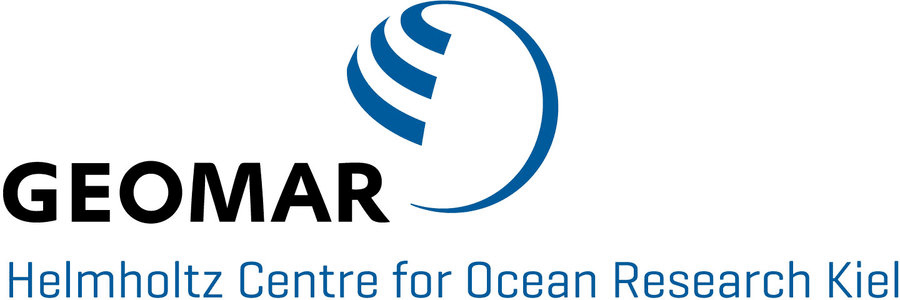
Katja Matthes, Director
GEOMAR Helmholtz Centre for Ocean Research Kiel, Germany
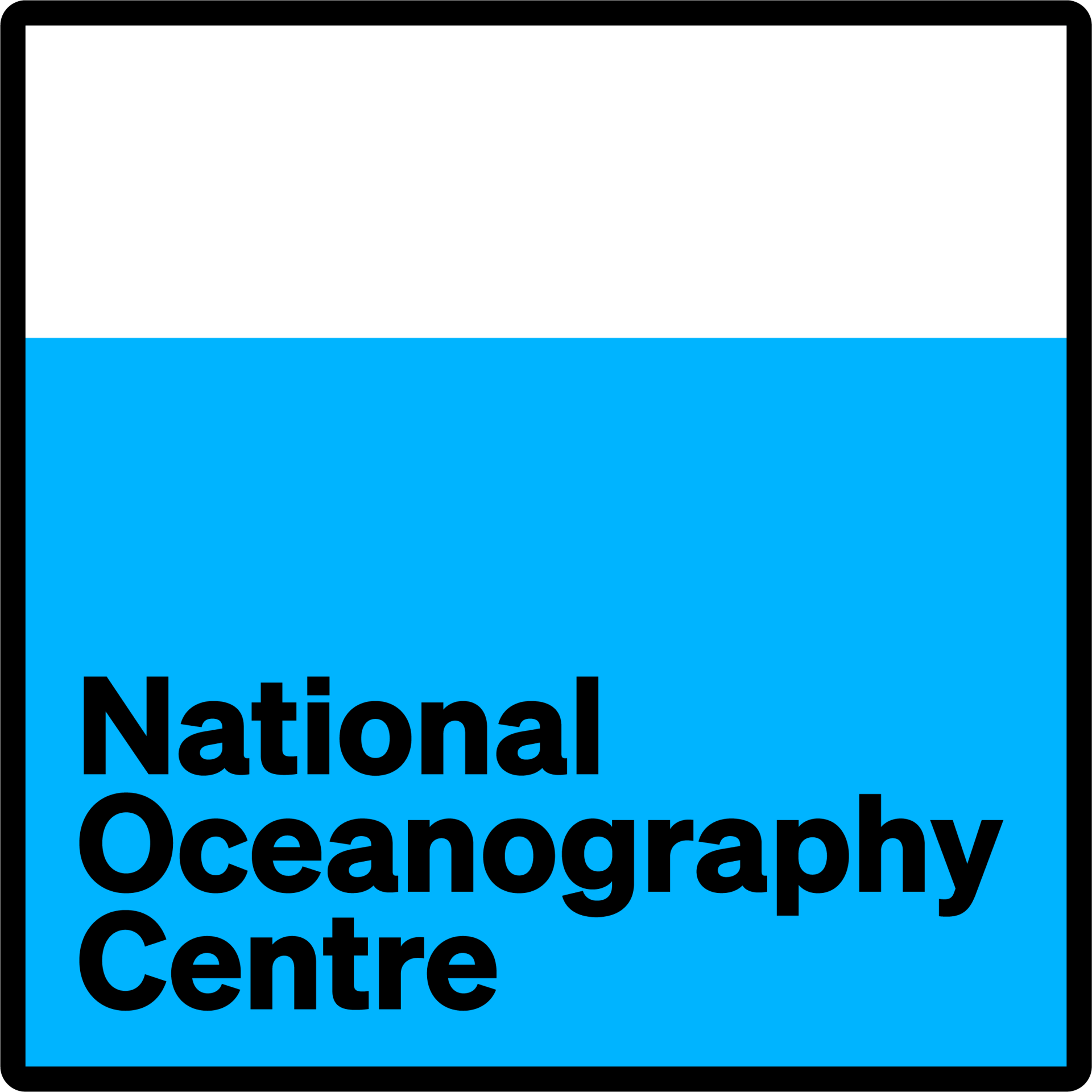
John Siddorn, Chief Executive
National Oceanography Centre, UK

François Houllier, President & CEO
IFREMER, France

Takeshi Kawano, Executive Director
Japan Agency for Marine-Earth Science and Technology, Japan

Nicholas J P Owens, Executive Director
Scottish Association for Marine Science, UK

Adelino Vicente Mendonça Canário, President of Directive Board
CCMAR – Centro de Ciências do Mar do Algarve, Portugal

Han Dolman, Director
Royal Netherlands Institute for Sea Research, Netherlands
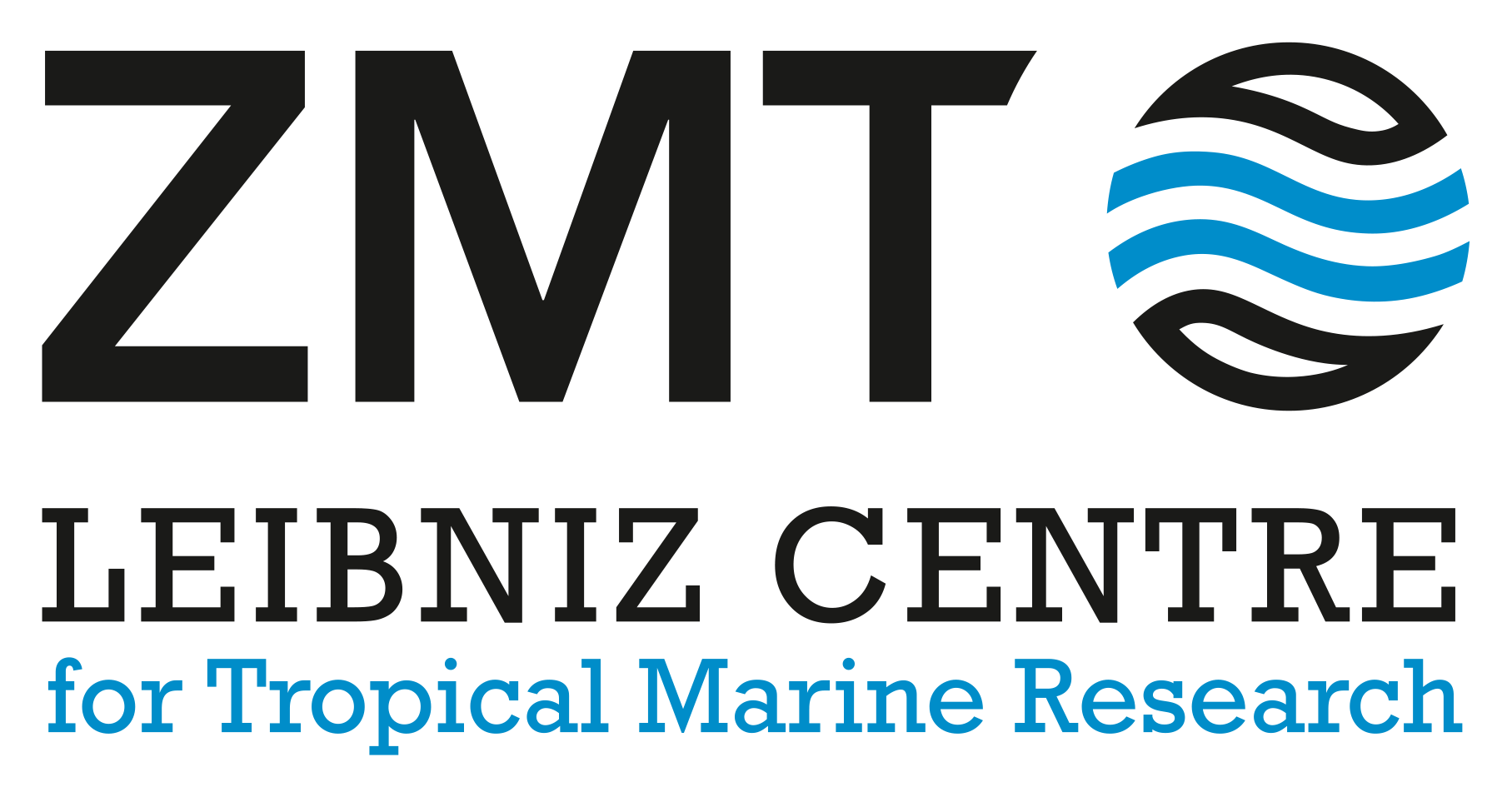
Raimund Bleischwitz, Professor and Scientific Director
Leibniz Centre for Tropical Marine Research, Germany
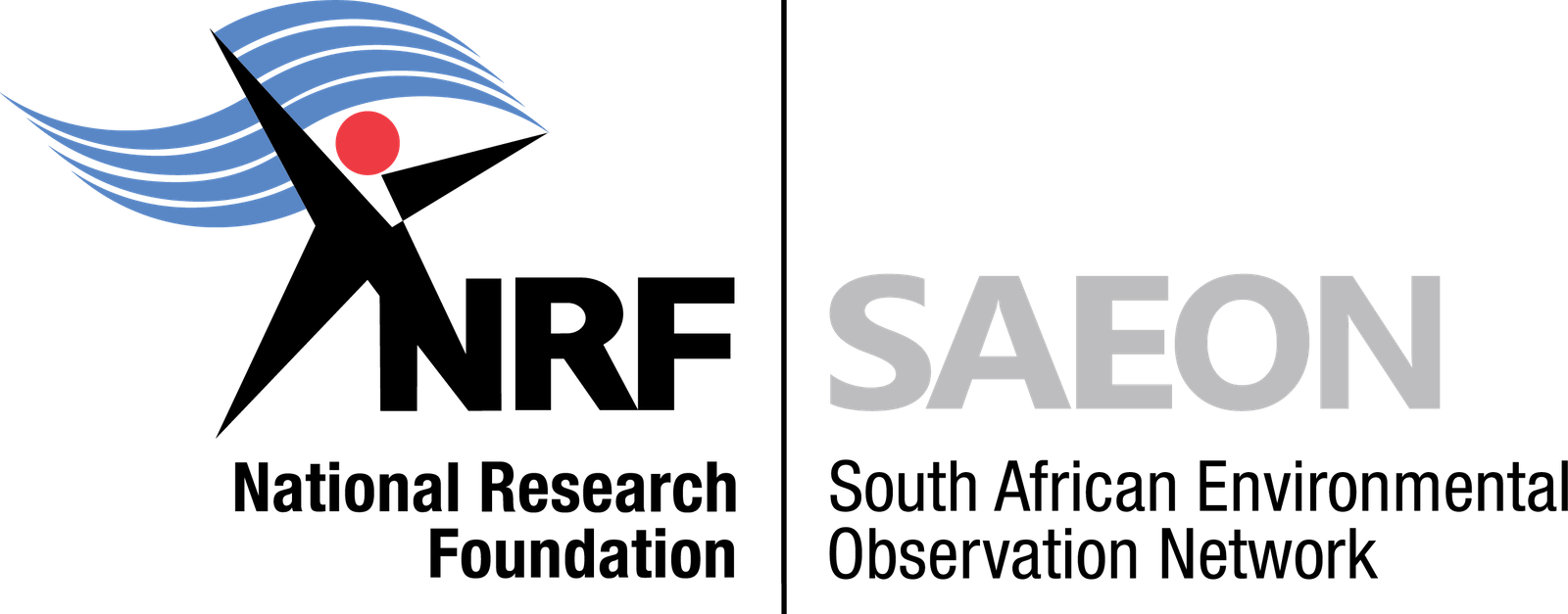
Tamaryn Morris, Ocean and Polar Coordinator
South African Environmental Observation Network, South Africa

Marco Marcelli, POGO delegate
Euro-Mediterranean Center on Climate Change (CMCC), Italy

Antje Boetius, Director
Alfred Wegener Institute Helmholtz Centre for Polar and Marine Research, Germany
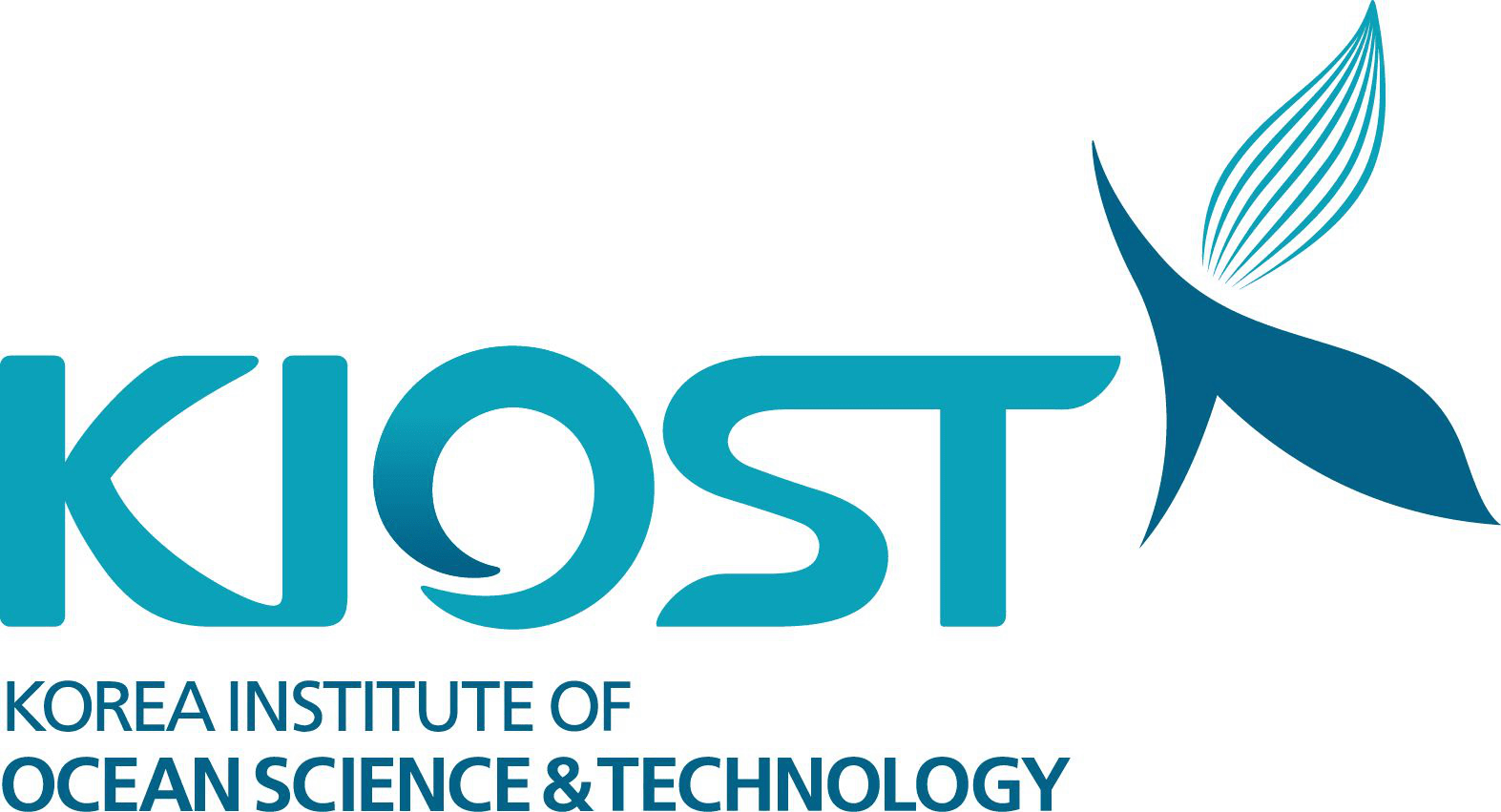
Hyi-Seung LEE, President
Korea Institute of Ocean Science & Technology (KIOST), South Korea
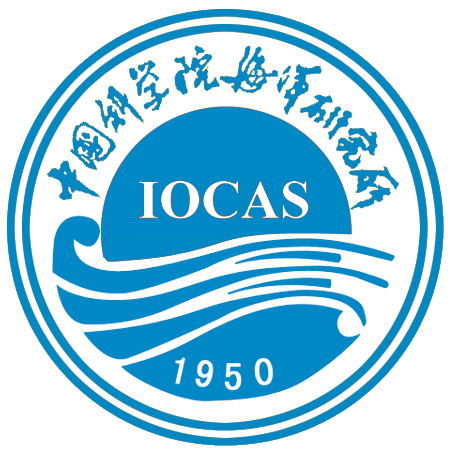
Fan WANG, Director
Institute of Oceanology, Chinese Academy of Sciences (IOCAS), China

Icarus Allen, Chief Executive
Plymouth Marine Laboratory, UK

Maria del Carmen Garcia Martínez, Director of IEO
Spanish Institute of Oceanography, IEO-CSIC, Spain

Subrata Sarker, Associate Professor and Head, Dept of Oceanography
Shahjalal University of Science and Technology (SUST), Bangladesh
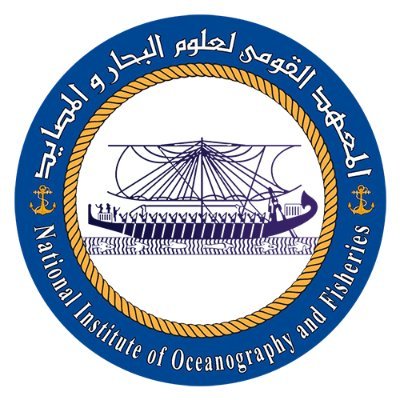
Suzan El-Gharabawy, Vice President
National Institute of Oceanography and Fisheries (NIOF), Egypt

Alvin S. Jueseah, Chairman, Department of Fisheries & Aquaculture Sciences
University of Liberia

Eric Peterson, CEO
Hakai Institute, Canada
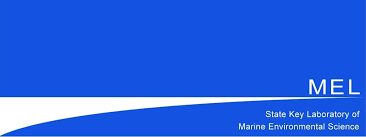
Fei Chai, Chair Professor
State Key Laboratory of Marine Environmental Science (MEL), Xiamen University, China
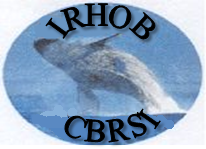
Zacharie Souhou, Director
Institut de Recherches Halieutiques et Océanologiques du Bénin (IRHOB), Benin



Carina B. Lange, Professor Universidad de Concepción
Representative of Chilean Consortium to POGO, Chile

Aileen Tan Shau Hwai, Director
Centre For Marine & Coastal Studies, Universiti Sains Malaysia, Malaysia

Willie Wilson, Chief Executive
Marine Biological Association, UK

Peter de Menocal, President & Director
Woods Hole Oceanographic Institution, USA
SIGNATORIES – OTHER PARTIES
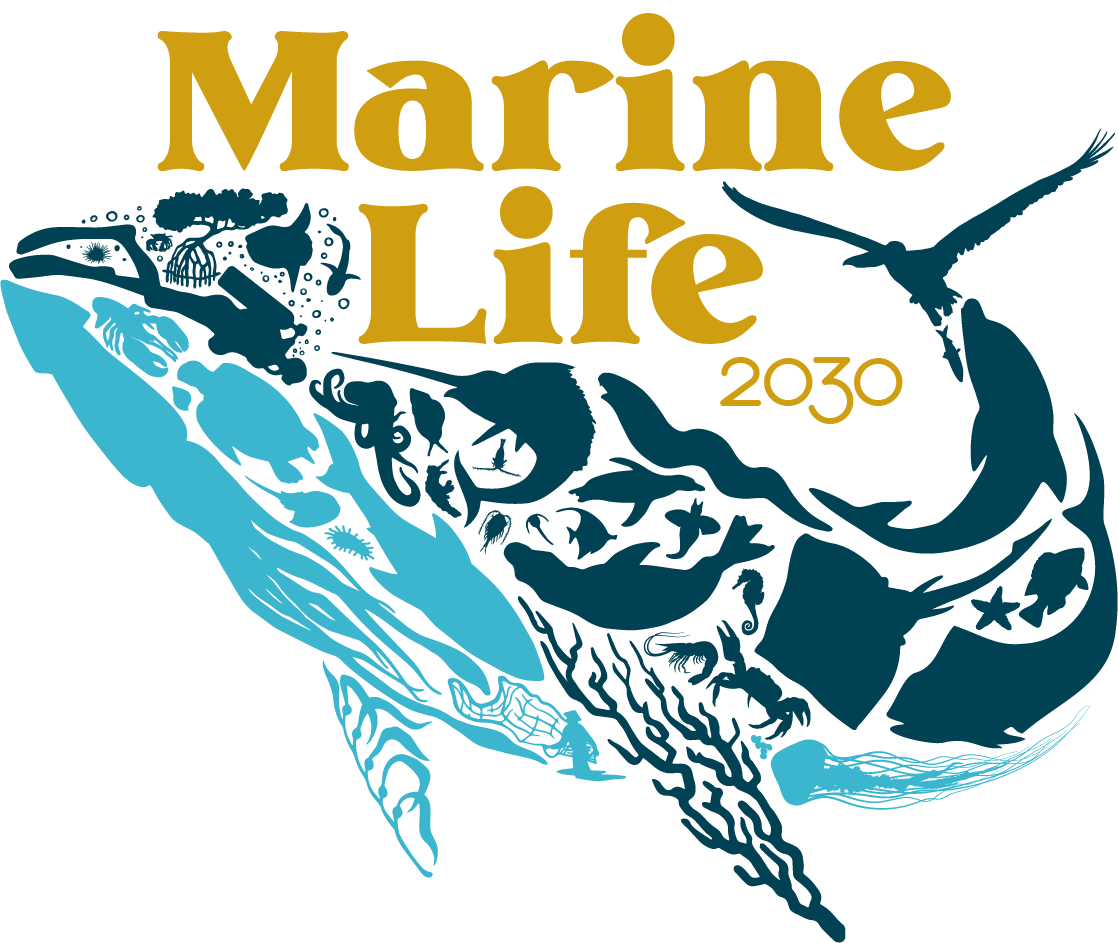
Frank Muller-Karger (MBON – USF), Marine Life 2030 programme coordinator
Gabrielle Canonico (NOAA IOOS), Marine Life 2030 programme coordinator

Inga Lips, Secretary General
European Global Ocean Observing System (EuroGOOS)
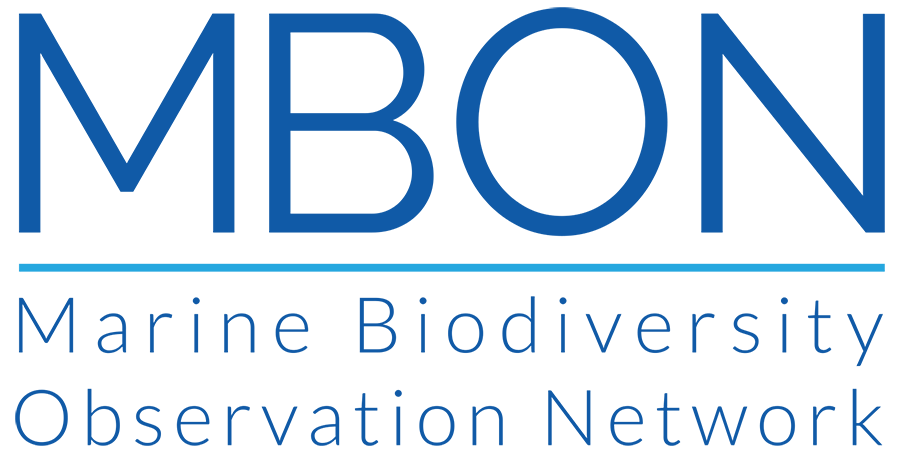
Joana Soares, MBON Executive Secretary
MBON (Marine Biodiversity Observation Network) / AIR Centre
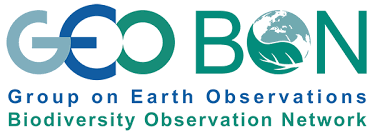
Katie Millette, GEOBON Executive Secretary
GEOBON (Group on Earth Observations Biodiversity Observation Network)
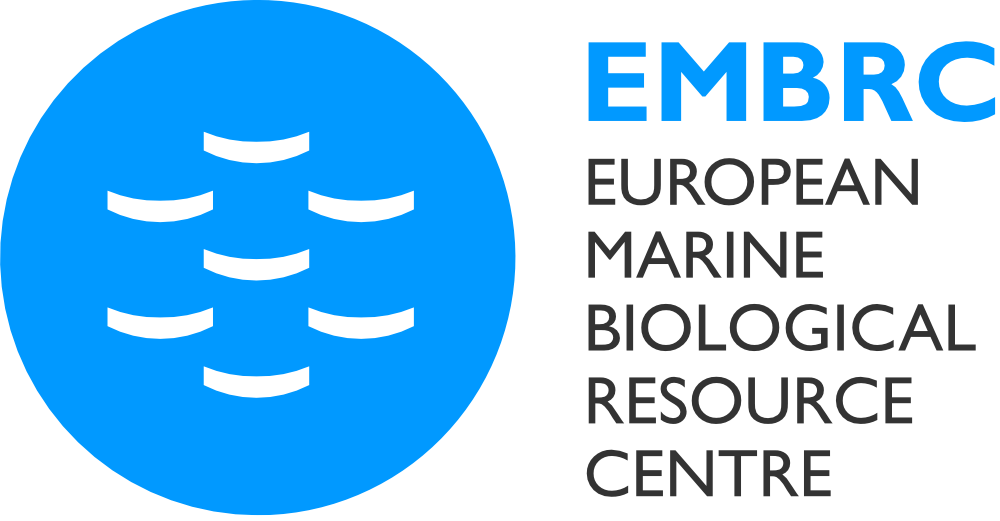
Nicolas Pade (Executive Director, EMBRC-ERIC)
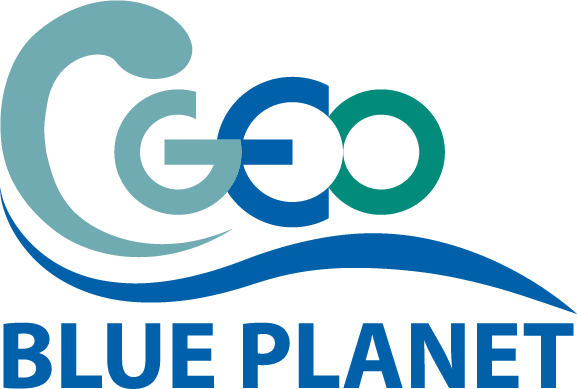
Audrey Hasson, GEO Blue Planet Executive Director
GEO Blue Planet
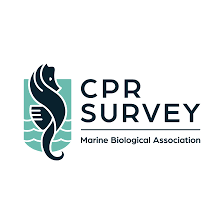
David Johns, Director
Continuous Plankton Recorder Survey, UK

